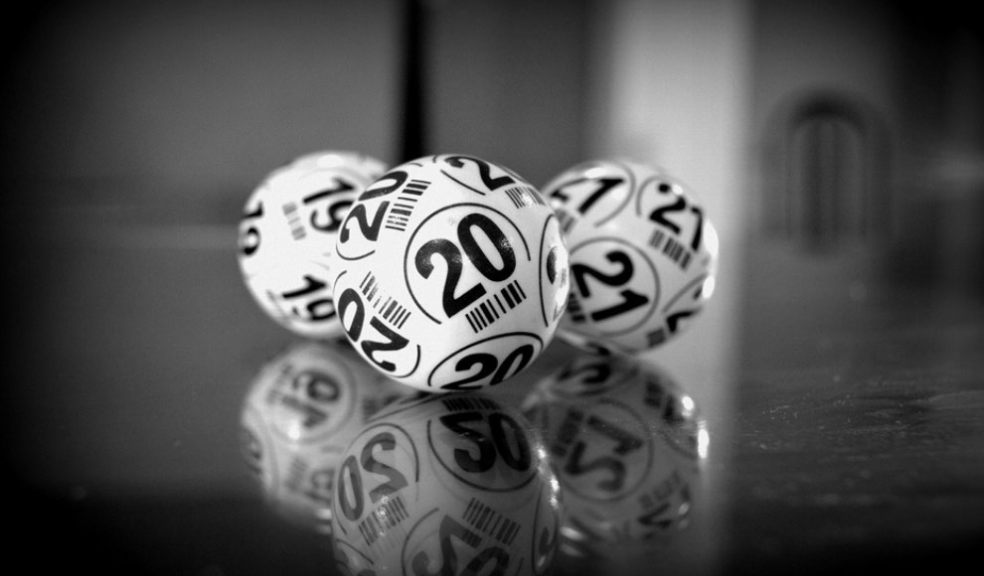
Bingo and how it has changed over the years
For years, the art of bingo was down to being able to play with precision. Few other forms of gaming required you to be quite so in-tune with the demands of both audio and visual cues. However, with the help of bingo, many people were introduced to gaming and gambling in a way that they never would have been beforehand. That helped to adjust and change so many things about bingo, but how has it changed over the years? From bingo halls to newer online bingo companies we explore the main differences.
How has bingo shifted from a minor local entertainment to a national treasure?
The 50s
The start of bingo came in the 1950s, when the theatre industry was in sharp decline. With theatre in such a poor position, many people were still looking for ways to have some fun. With the rise of TV killing theatre but many people still wanting to head out and socialise, bingo exploded with interest.
For those not interested in sitting watching things like Coronation Street, bingo was a good way to get out the house and have some fun.
The 60s and 70s
The 60s changed the way that bingo was viewed, with gaming laws coming into place that changed everything. Legalised gambling was brought in during the year of 1961, and at that stage many of the old theatres were being re-purposed as effective bingo halls. Throughout the 1960s and 1970s, it was a staple of working class people – mostly women – who wanted out the house and desired to enjoy a bit of fun themselves.
The 1980s
The 1980s brought about a big change in how bingo was viewed, with many major bingo halls popping up all over the country. However, even by the mid 80s, people were beginning to notice that many bingo halls were closing due. While companies of the larger variety would put smaller companies out of business, there became a bit of a controlled market that, to some, killed the individual charm and feel of the bingo experience.
The 90s and 00s
By the 1990s, bingo was dying out. Many companies were being put out of the game, with many of them rebranding as pubs or arcade venues. By the end of the 1990s, though, the internet was proven to be more than a fad and some bingo sites were beginning to pop up all over the place.
The dying bingo hall scene was replaced by the massive growth of bingo clubs and bingo halls, with the likes of Gala establishing a solid online presence.
The present
Today, bingo is easily among the most commonly enjoyed experiences in the gaming scene. The public smoking ban changed the kind of people who found bingo entertaining, and the smartphone era has produced countless bingo apps and bingo websites. Today, there are arguably more bingo players than ever, with many people far beyond the traditional ‘bingo age’ taking part in the experience through new online options.
So, what does the future hold? Given the size of bingo in the UK today, it’s likely that further success is only just around the corner for one of the fastest growing gaming scenes around.

















